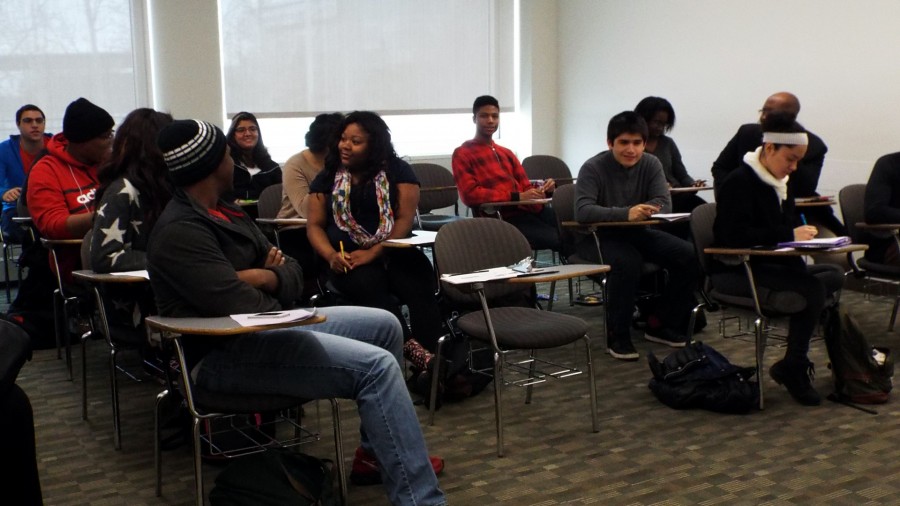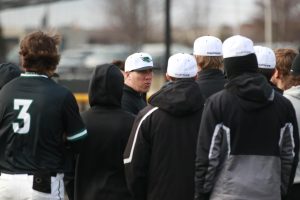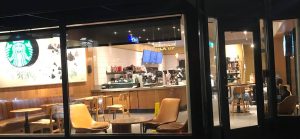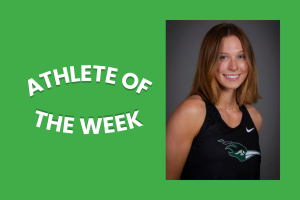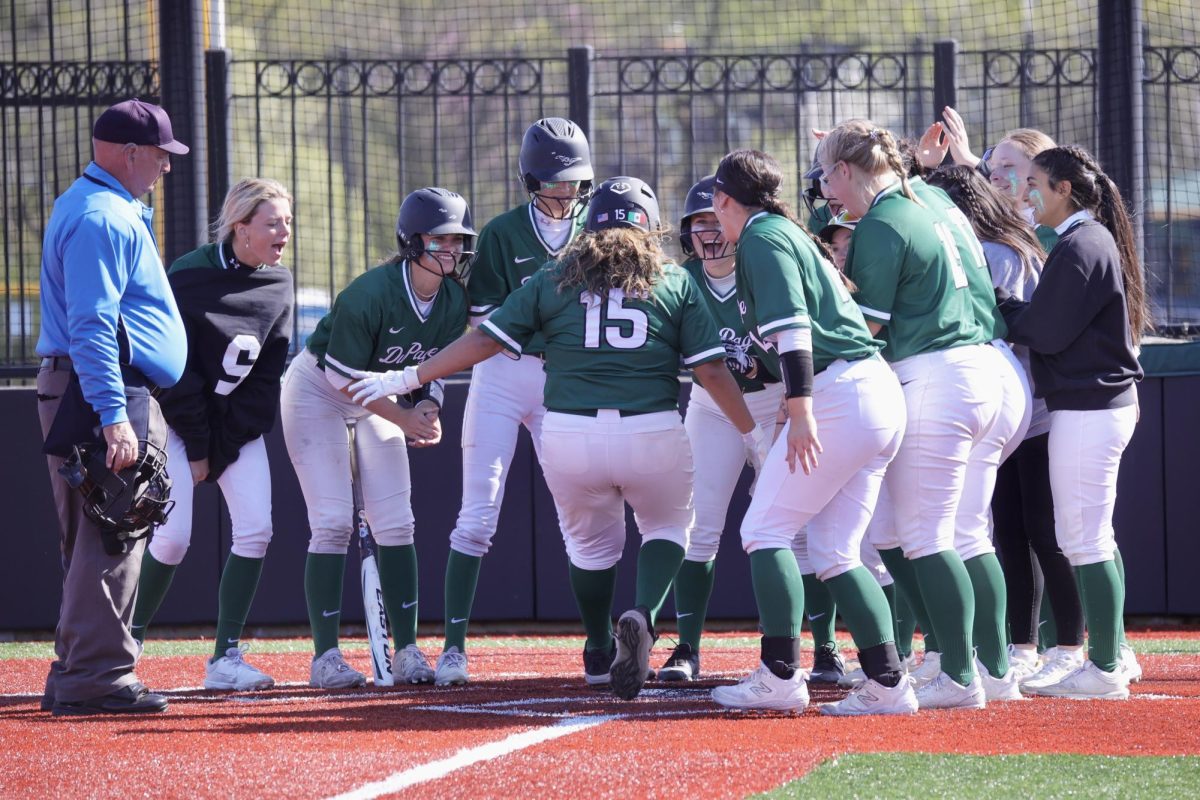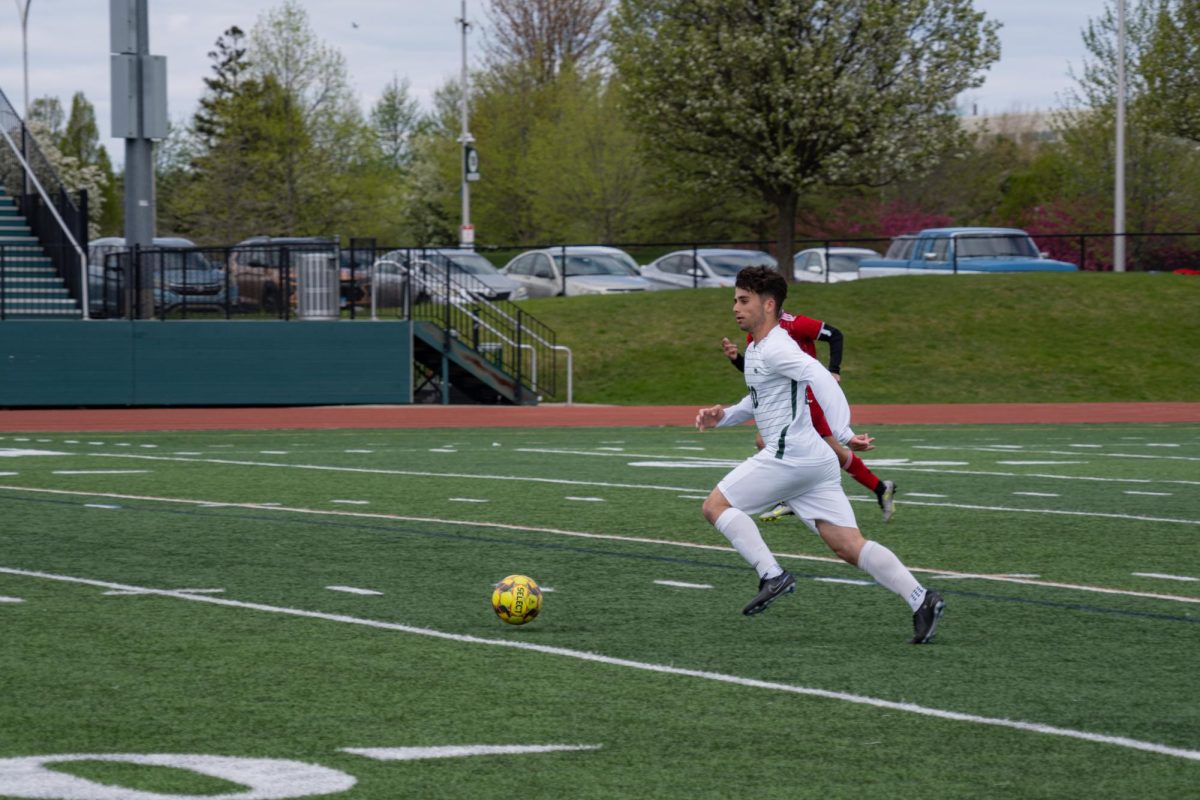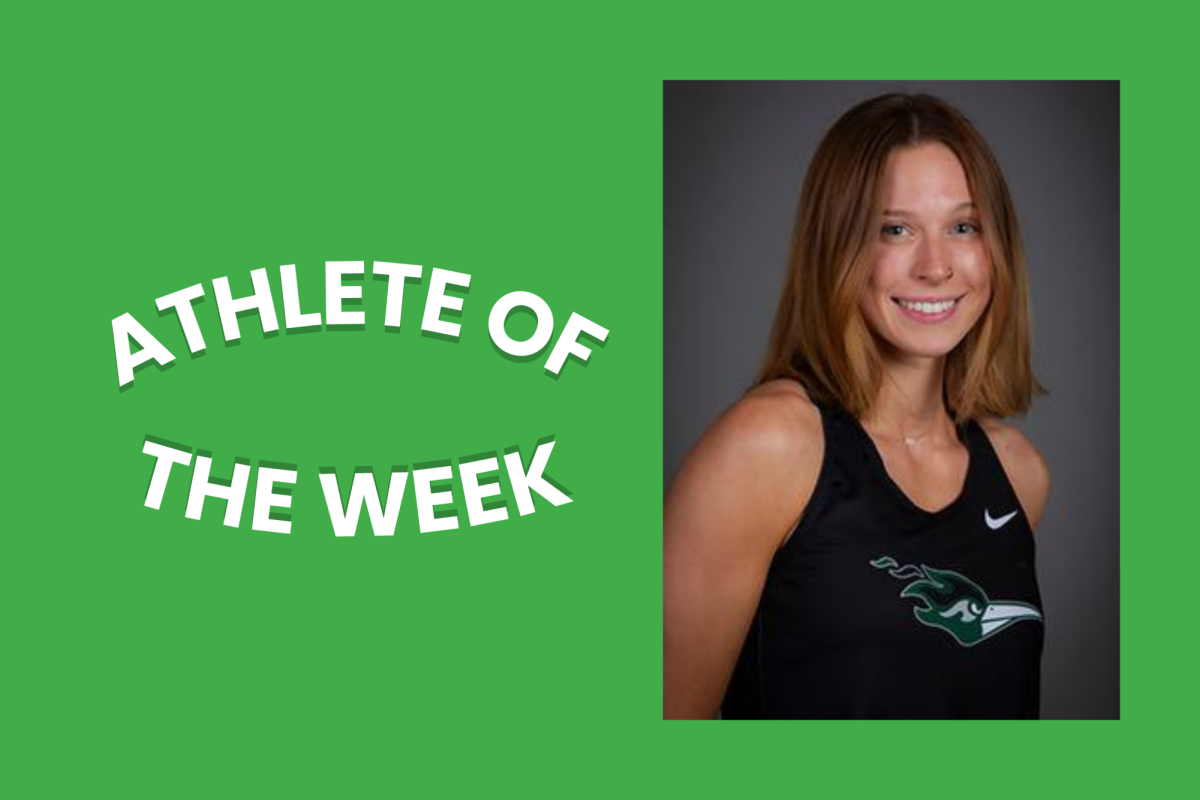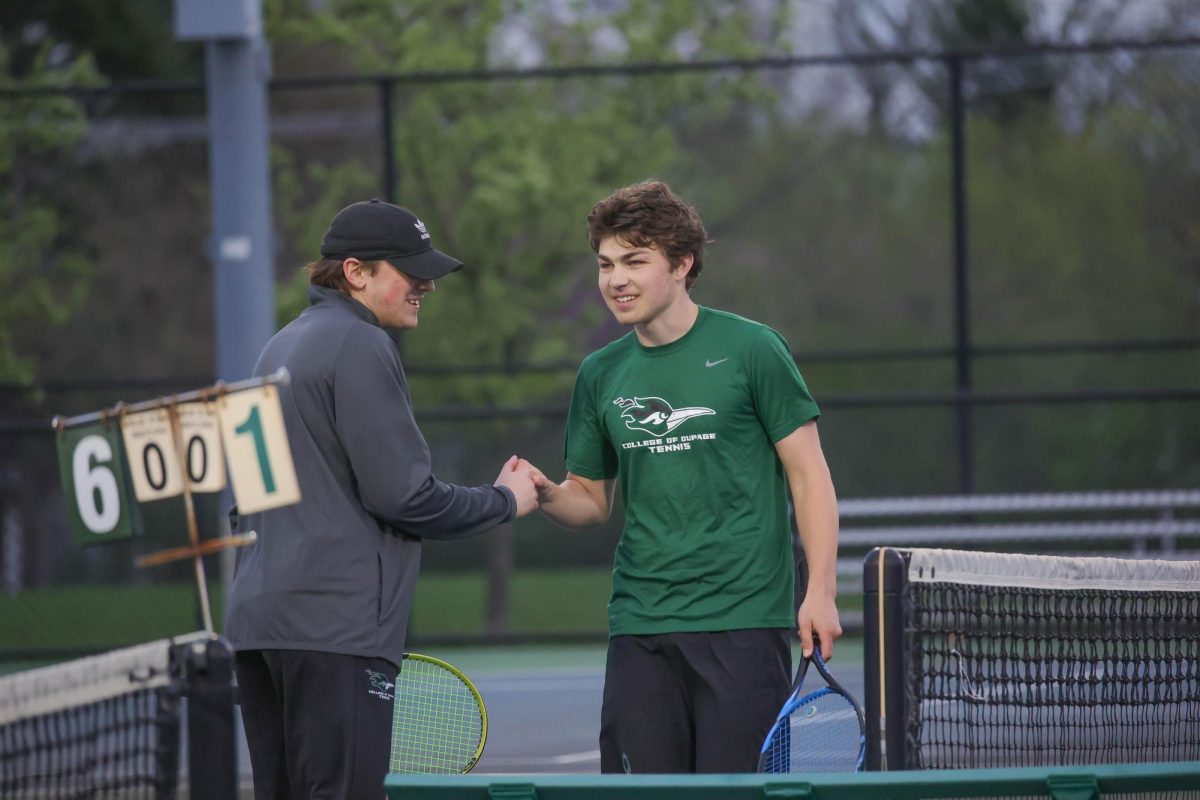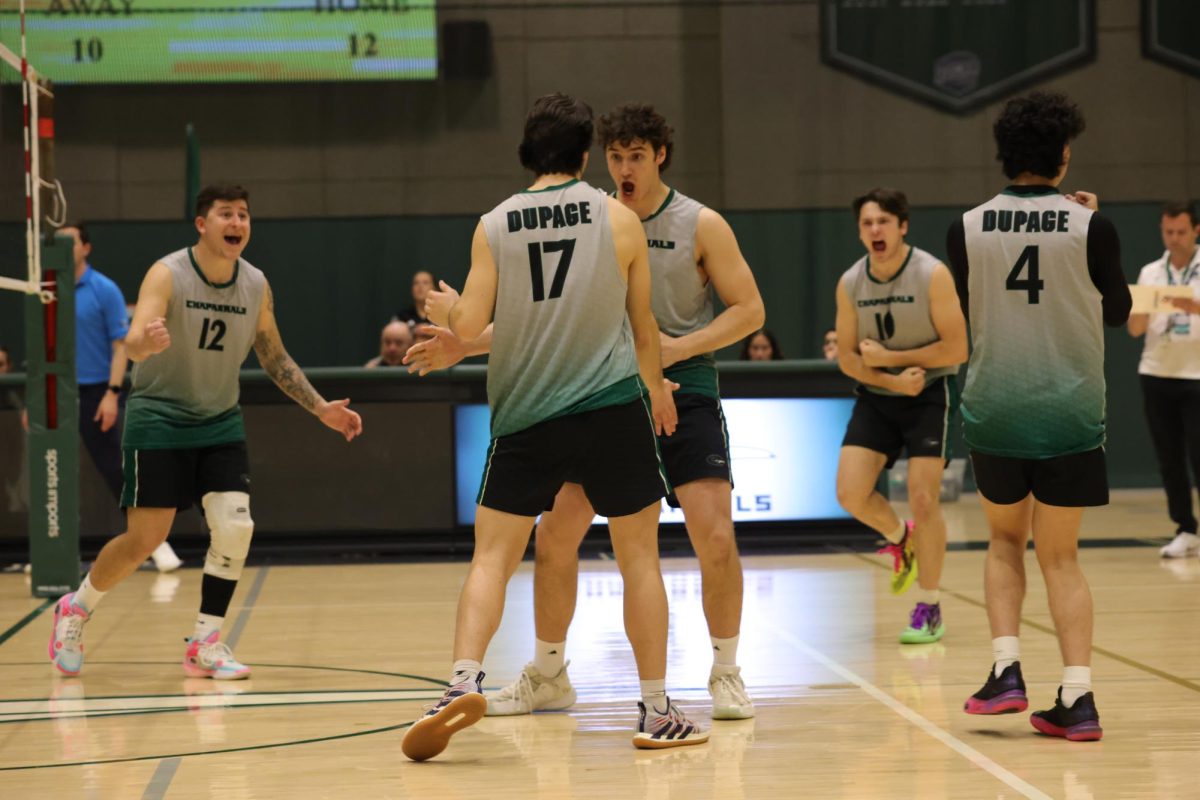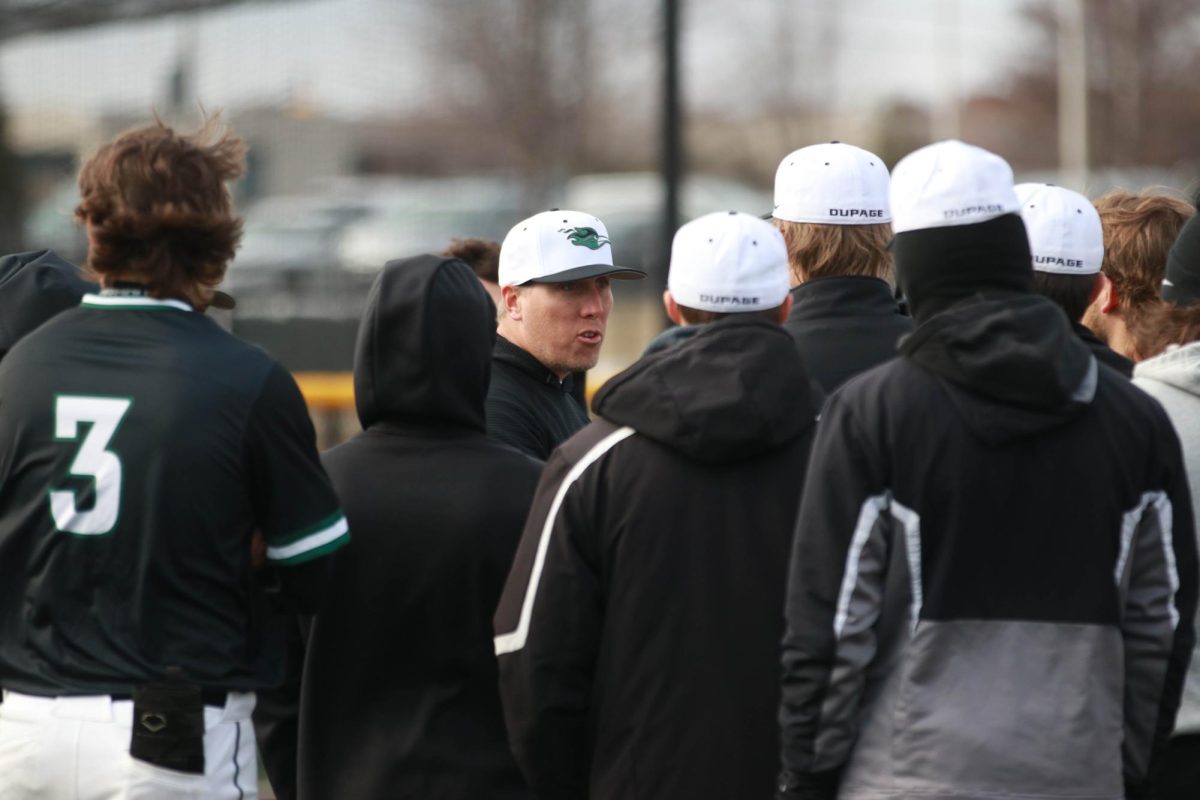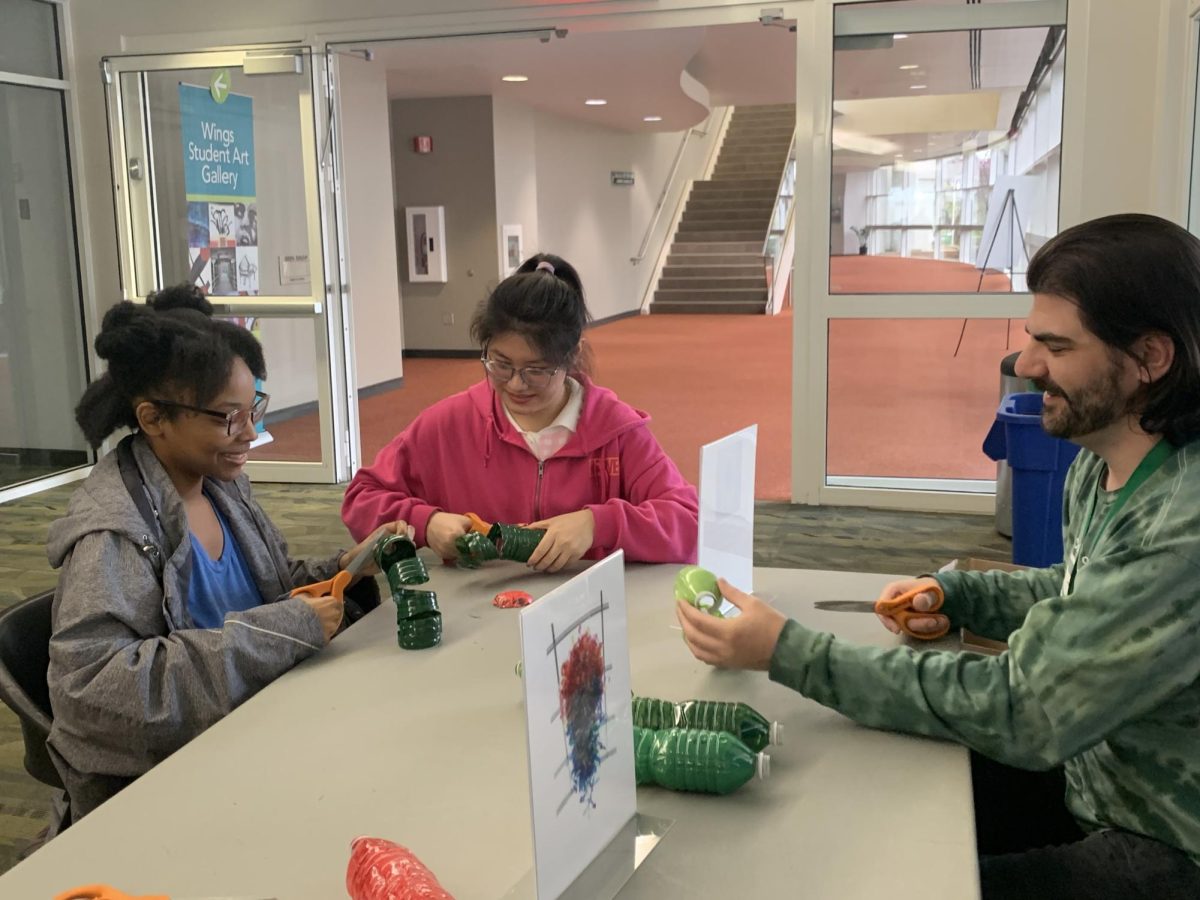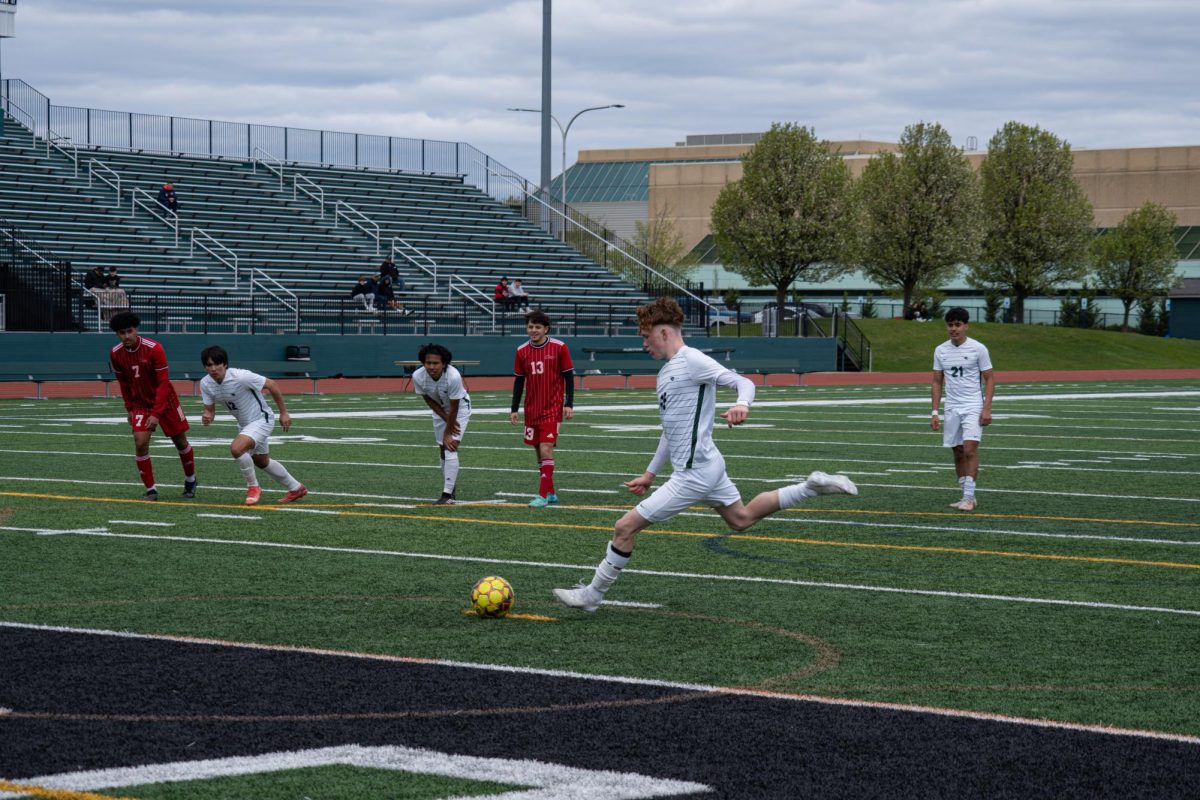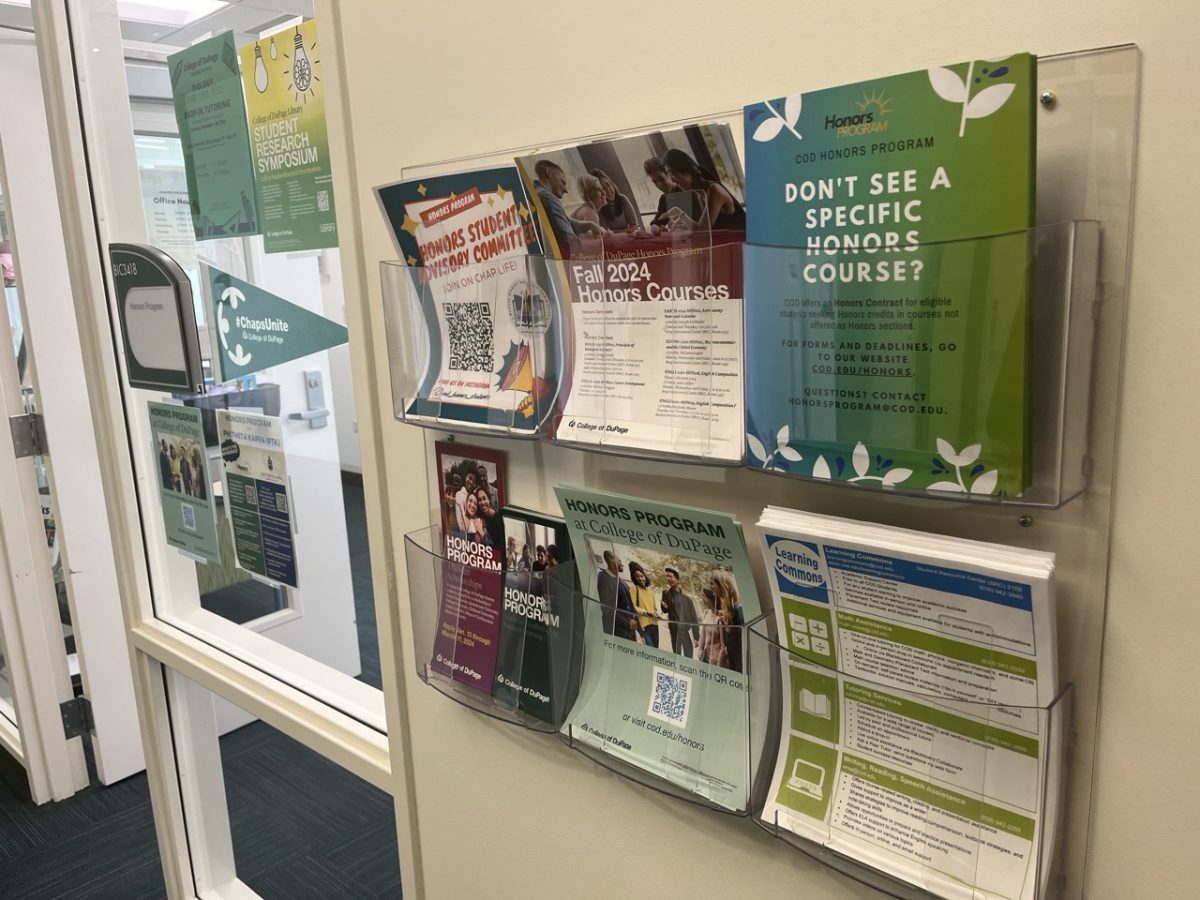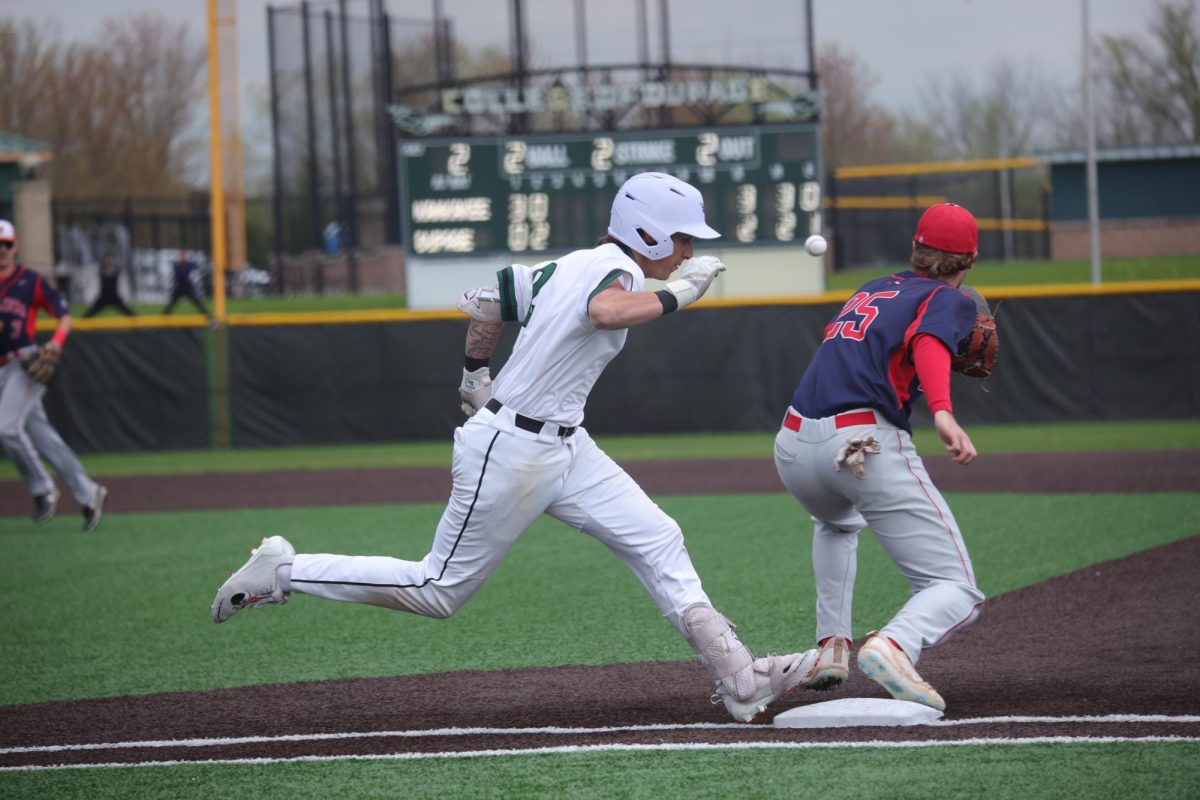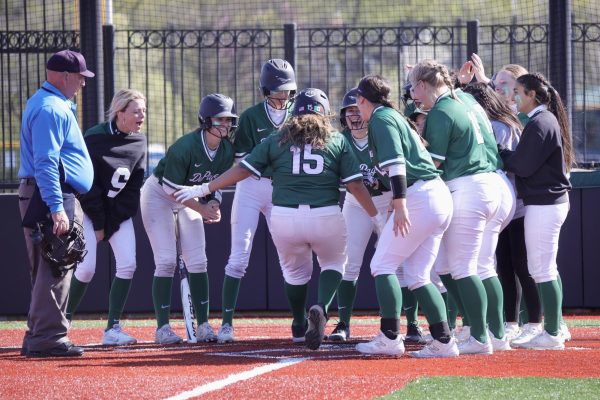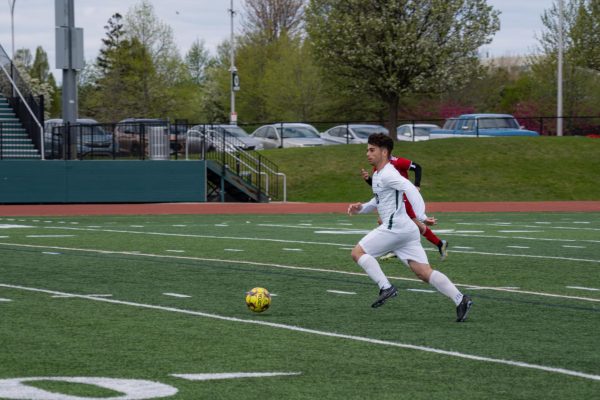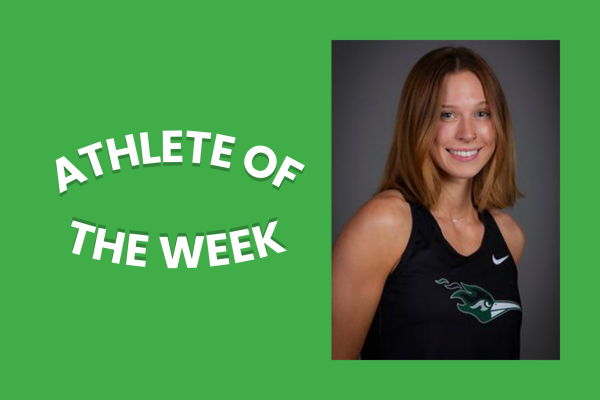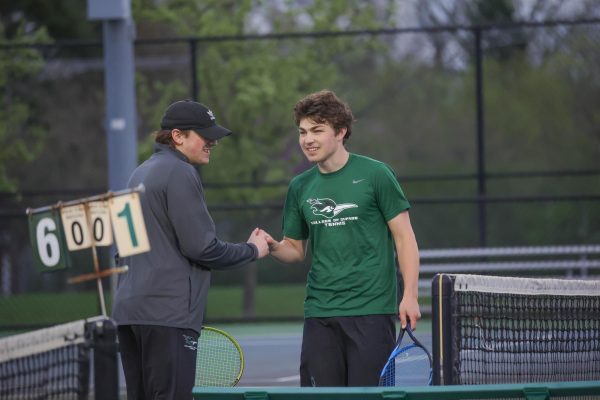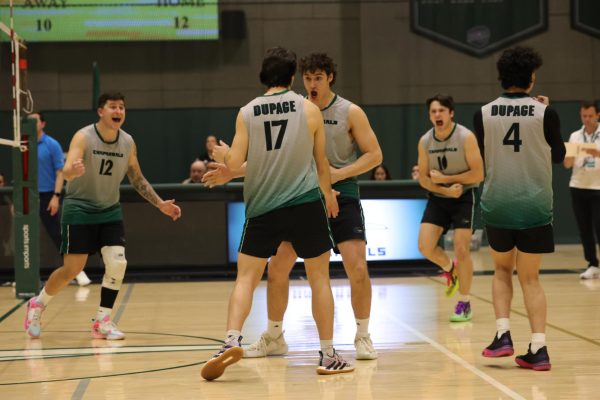College Diversity Center focuses on black students
A group of students at a Diversity Club meeting at the College of DuPage on Feb. 13.
February 18, 2015
Home to more than 2,000 African-American students and founded during the heat of the civil rights movement, College of DuPage’s new center for diversity and inclusion has formally celebrated Black History Month for the first time ever.The college’s efforts to recognize the black community came out of a realization that DuPage County was changing, according to David Swope Sr., interim director of diversity and inclusion.
“They were trying to reach a more diverse group of students,” Swope said. “The college realized that they had to make themselves more welcoming and more in tune to the diverse group of students that they serve.”
Swope said that while the center for diversity and inclusion initially aims to focus on African-American students, he eventually wants to affect all students on campus.
“We want to make sure COD can speak to all students, all cultures, and all backgrounds,” Swope said. “Diversity is more than just an ’ethnic’ thing. But, with any initiative there is always a starting point.”
Earl Dowling, vice president for student affairs, said that from an enrollment standpoint, COD was losing out on talented African-American students.
“Black history is American history. I think we all realized [celebrating Black History Month] was the right thing to do,” Dowling added.
Black History Month has been recognized in the U.S. since 1976 when the federal government expanded Black History Week to a month.
Zach Harvey, a first year criminal justice major, said finding out that it took COD almost 40 years to formally celebrate Black History month left him astonished.
“It was surprising,” Harvey said. “I just hope that they can continue it after we all leave.”
Harvey took the action of continuing the trend into his own hands. Harvey is a member of a newly formed club, the African-American Student Alliance, or AASA.
“I definitely want to see this club succeed,” Harvey said.
Karlesia Toney-Pickett, a second-year elementary education major and member of AASA, also believes that the club can be beneficial to the community.
“It is beneficary not just to me but also to others as well,” Toney-Pickett said.
While attendance for the some of COD’s Black History Month events has been noticeably low, student-led efforts have fared better. Last Friday, the AASA held its first meeting and received a higher turnout than expected. Students of different ethnicities gathered together in a classroom as they enjoyed pizza and learned more about a club that is the only one of its kind on campus.
Many students were glad to see COD had a club that represented students of diverse backgrounds. Adamma Ihemeson, a first-year nursing student, said joining the club helped her feel more a part of the community.
“I was hoping there was going to be a club for African-Americans,” Ihemeson said. “I haven’t really been involved in things like this before.”
Getting more involved in college is something that Matt Powell, a first-year business major, said inspired him to help organize the club.
“I almost regretted not being more involved in high school,” Powell said. “Doing that here is a pretty cool thing.”
For Swope, seeing students get involved is more than just a bullet point on an agenda or sentence in a job description; it is a personal calling.
Swope graduated from Howard University with a degree in architecture and engineering. He found that talking to students and seeing them reach their potential was where his heart was.
“Students have a lot to offer [to society],” Swope said. “To show them that, you have to get them engaged. To do that you have to encourage them, and that is what I plan on doing.”
Gloria Roark, a first-year nursing student and one of the leaders AASA, sees potential in encouraging students by supporting them.
“With added support from peers, students will do better in school and bring us closer together as a community,” Roark said.
“We accept anyone and everyone,” Roark added. “it is all just about celebrating culture.”
As Black History Month draws to a close, Swope hopes the message of diversity is something that will live on in the halls on campus for much longer than February’s 28 days.
“People are diverse because they are different,” Swope said. “What makes us stronger is when we can galvanize diversity and give everyone a platform.”

